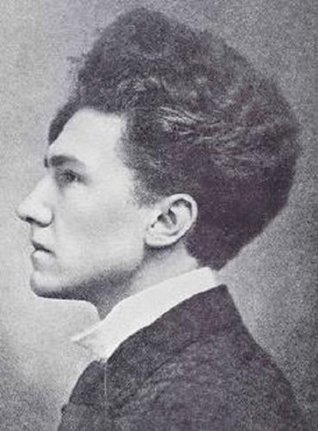
Ezra Pound's first book of poetry that was privately printed in Venice in 1908 by A. Antonini. Includes an active table of contents, correct spacing/breaks, links to footnotes, and automatic (poetic) indentation for any size frame or font. For more classic, exceptionally-formatted poetry titles look for Perscribo Publishing in the Kindle Store. CONTENTS: Grace Before Song La Fraisne Cino In Epitaphium Eius Na Audiart Villonaud For This Yule A Villonaud Ballad of the Gibbet Mesmerism Fifine Answers Anima Sola In Tempore Senectutis Famam Librosque Cano The Cry of the Eyes Scriptor Ignotus Donzella Beata Vana Li Bel Chasteus That Pass Between the False Dawn and the True In Morte De Threnos Comraderie Ballad Rosalind Malrin Masks On His Own Face in a Glass TheTree Invern Plotinus Prometheus Aegupton Ballad for Gloom For E. McC. Salve O Pontifex! To the Dawn: Defiancé The Decadence Redivivus Fistulae Song Motif La Regina Avrillouse A Rouse Nicotine In Tempore Senectutis (II) Oltre La Torre: Rolando Make strong old dreams lest this our world lose heart.
Author

Ezra Weston Loomis Pound was an American expatriate poet, critic and intellectual who was a major figure of the Modernist movement in early-to-mid 20th century poetry. Pound's The Cantos contains music and bears a title that could be translated as The Songs—although it never is. Pound's ear was tuned to the motz et sons of troubadour poetry where, as musicologist John Stevens has noted, "melody and poem existed in a state of the closest symbiosis, obeying the same laws and striving in their different media for the same sound-ideal - armonia." In his essays, Pound wrote of rhythm as "the hardest quality of a man's style to counterfeit." He challenged young poets to train their ear with translation work to learn how the choice of words and the movement of the words combined. But having translated texts from 10 different languages into English, Pound found that translation did not always serve the poetry: "The grand bogies for young men who want really to learn strophe writing are Catullus and François Villon. I personally have been reduced to setting them to music as I cannot translate them." While he habitually wrote out verse rhythms as musical lines, Pound did not set his own poetry to music.